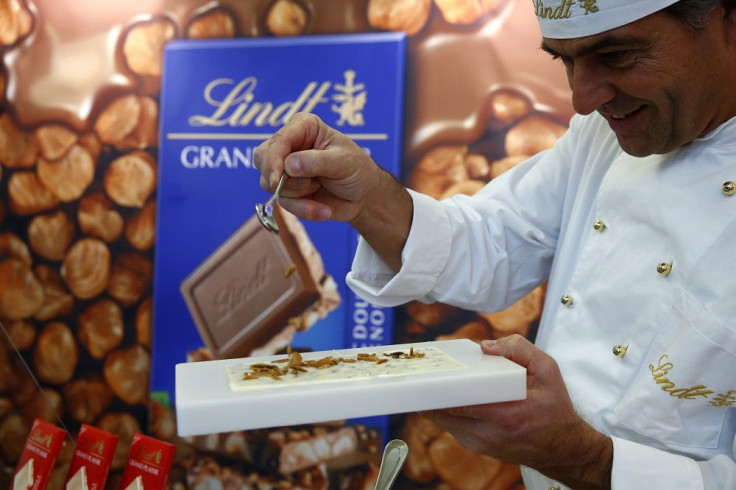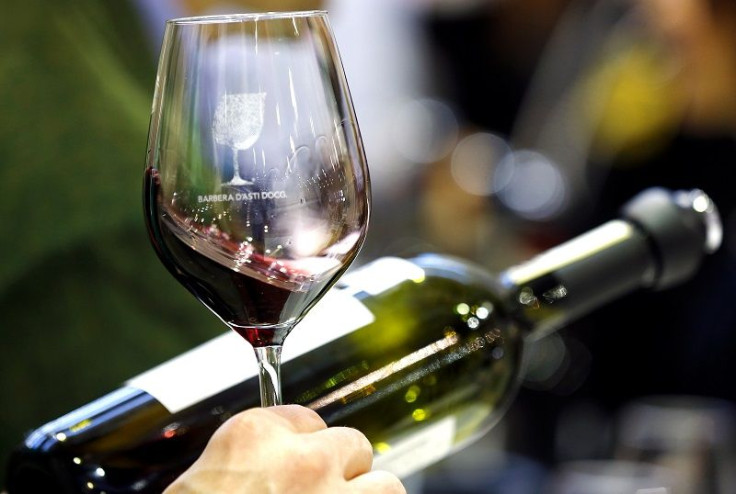Top British scientist recommends eating chocolate, drinking wine to lose weight
But Boston University study says even light drinking causes cancer

Would it not be great to eat chocolate and sip wine while losing weight at the same time? That is just what a British scientist proposed, but on the same day he made the suggestion, a Boston University study warns even drinking lightly could cause cancer.
Professor Tim Spector, research collaborator at King’s College London, notes that people attempting to lose weight often reduce consumption of favourite food such as chocolate, cheese and wine. However, he said at the Oxford Literary Festival over the weekend that to succeed in dieting, the secret lies in eating a wide range of foods.
He explains that people ingest the microbes in food which end up in the gut where it diversified with new foods people eat over the years. “The more diverse foods we eat, the more varieties of microbes in our bodies, which makes us healthier,” quotes The Mail.
To promote healthy gut bacteria, Spector says eat cheese and chocolate and drink wine. However, he advises against the consumption of fatty, sugary junk food which could wipe out healthy gut flora.

Spector points out that the human gut has around 3,500 microbrial species, however, higher consumption of processed food and over use of antibiotics resulted in a decrease in human diversity of microbes. In 2015, the professor noted that 15,000 years ago, early humans regularly ate around 150 ingredients in a week which has gone down to less than 20 separate food types, many of which are artificially refined. He pinpointed four ingredients as the source of most processed foods. These are corn, soy, wheat and meat.
In a 2014 King’s College study on flavonoids that offer protection from Type 2 diabetes, Spector was quoted as saying, “This is an exciting finding that show that some components of foods that we consider unhealthy like chocolate or wine may contain some beneficial substances.”
However, Dr Timothy Naimi, associate professor of medicine at Boston University School of Medicine, says that while excessive drinking is the riskiest type of drinking, “when it comes to cancer, there is no safe level of alcohol consumption.” He explains that when the body ingests alcohol, it converts ethanol into acetaldehyde, a toxic chemical.
It damages DNA and prevents cells from repairing the damage. Acetaldehyde also causes liver cells to grow at a faster rate than normal, and the regenerated cells have higher chances of being genetically mutated and cause cancer, Naimi says.
The New York Daily News notes that alcohol was declared a known carcinogen in 1988. According to alcoholcontents.com, wine’s alcohol content varies from as low as less than 0.1 percent in sparkling grape juice to as high as 20 percent in port wine. Red wine has 11.5 percent, while dry white wine has 11 percent and sweet white wine 12.4 percent alcohol content.





















